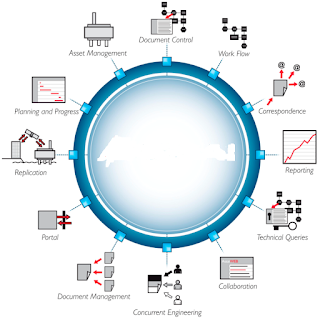OIL AND GAS EMPLOYMENT TRAINING NEWS UPDATE
OPEC finally agreed to moderate crude output cuts
O p e c has accepted to moderate oil output cuts in the first such deal since 2008 with the group’s leader Saudi Arabia softening its stance on arch-rival Iran amid mounting pressure from low oil prices.“O p e c made an exceptional decision today after two and a half years O p e c reached consensus to manage the market” said Iranian Oil Minister Bijan Zanganeh, who had repeatedly clashed with Saudi Arabia during previous meetings.
In conjunction with other ministers,he said the Organization of the Petroleum Exporting Countries would reduce output to a range of 32.5-33.0 million barrels per day. O p e c estimates its current output at 33.24 mbpd.
“We have decided to decrease the production around 700,000 b p d” Zanganeh said.
The move would effectively re-establish O p e c production ceilings abandoned a year ago. However, how much each country will produce is to be decided at the next formal O p e c meeting in November when an invitation to join cuts could also be extended to non -O p e c countries such as Russia.
Oil prices jumped more than 5 per cent to trade above $48 per barrel. Many traders said they were impressed O p e c had managed to reach a compromise after years of wrangling but others said they wanted to see the details.
“This is the first O p e c deal in eight years! The cartel proved that it still matters even in the age of shale! This is the end of the ‘production war’ and O pe c claims victory” said Phil Flynn, senior energy analyst at Price Futures Group.
Jeff Quigley, director of energy markets at Houston-based S t r a t a s Advisors said the market had yet to discover who would produce what: “I want to hear from the mouth of the Iranian oil minister that he’s not going to go back to p r e- sanction levels. For the Saudis, it just goes against the conventional wisdom of what they’ve been saying.”
Saudi Energy Minister Khalid Al Falih said that Iran, Nigeria and Libya would be allowed to produce “at maximum levels that make sense” as part of any output limits.
That represents a strategy shift for Riyadh, which had said it would reduce output to ease a global glut only if every other O p e c and non - O p e c producer followed suit. Iran has argued it should be exempt from such limits as its production recovers after the lifting of EU sanctions earlier this year.
The Saudi and Iranian economies depend heavily on oil but in a post-sanctions environment, Iran is suffering less pressure from the halving of crude prices since 2014 and its economy could expand by almost 4 per cent this year, according to the International Monetary Fund.
https://plus.google.com/101168247930816841633/posts/LD2AZ3rBo96



Comments
Post a Comment